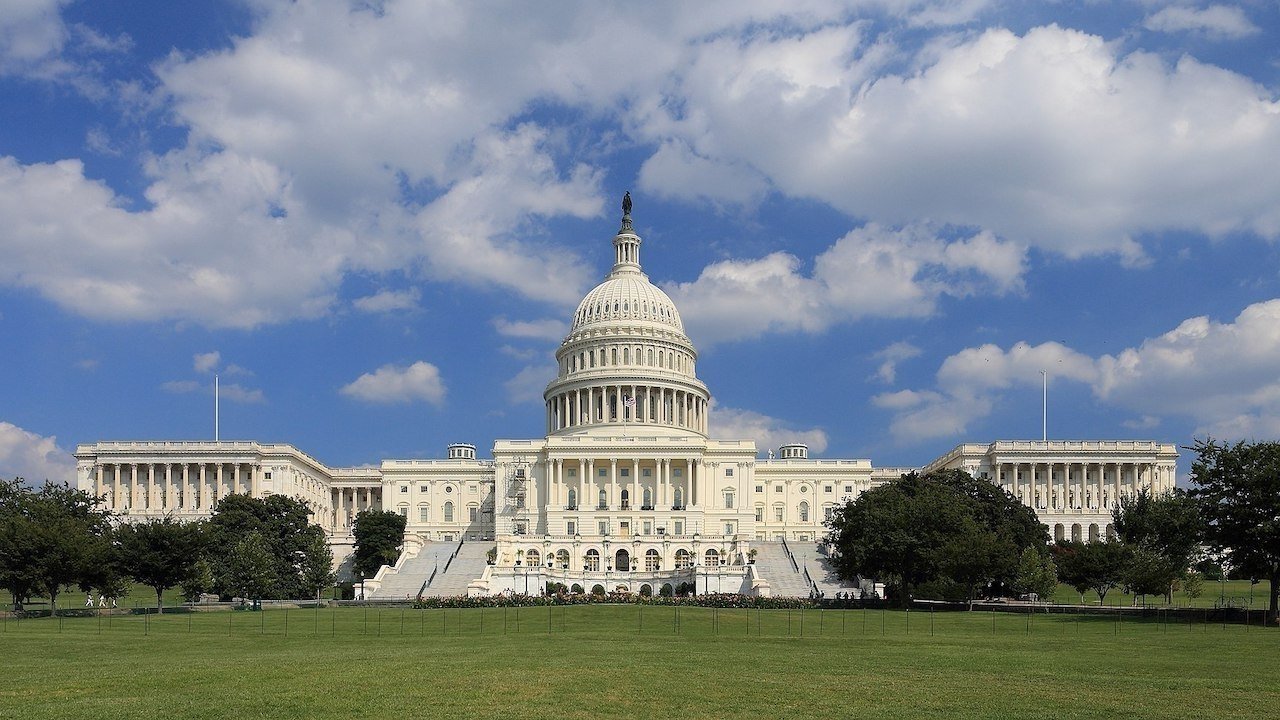It could take decades to regulate big tech
The fight between the U.S. government and big tech companies like Apple, Facebook, and Google could take years to progress, with efforts to curtail the activities of the multinational organizations expected to progress at a glacial pace.
Big tech has seen more intense criticism in the last week courtesy of Facebook whistleblower Frances Haugen, in an argument that underlined the need for closer scrutiny of the firms at the top of the tech industry. However, the fight to regulate those companies will be a long and drawn-out affair, with various hurdles in the way of progress.
Framed as a "Big Tobacco moment" by Senator Richard Blumenthal, the leak has prompted for calls for Congress to focus on regulatory measures that impact Facebook and further afield. These ideas include removing some protections from tech companies to penalize the amplification of hateful speech, writes the New York Times, to forcing more disclosure on data usage and algorithms, and even the creation of a new federal agency.
However, the vast funds available to tech companies could be used to fund a giant army of lobbyists to push lawmakers in preferred directions. The reach is already evident, with many privacy bills killed in Congress by such efforts.
In the case of Apple, it was revealed on September 1 that the company spent around $4.1 million on lobbying European Union institutions to fend off antitrust investigations into its business.
Meanwhile, an investigation published on September 8 revealed Apple was "aggressive" in its lobbying tactics to sway opinion in various states, combatting proposed legislation that could've potentially affected the App Store.
According to Harvard professor Allan Brandt, an expert on the history of the tobacco industry's tactics against regulatory measures, Facebook "took a big hit this week, but they are capable of taking many hits just as the tobacco industry was."
Pointing out that it took more than 50 years from when research into the dangers of cigarettes was first published, and ten years after a similar internal documents leak by a whistleblower, before meaningful government regulation was made, Brandt doubts much will happen in the near future.
"There will be regulation for Facebook and other tech companies, but I'm skeptical of a route to successful regulation anytime soon."
The different views of Democrat and Republicans on how to handle speech on tech platforms could also be an impediment, with concerns over the spread of misinformation, privacy, and censorship varying across the aisle. Similar concerns are also made about using antitrust regulation as a means of control, as there's a difference of opinion over competition and if it is the right toolset to use in the first place.
According to Blumenthal, he saw the Facebook documents leak as important, in part due to his previous experience as attorney general of Connecticut suing Big Tobacco in the 1990's. "It was a lightbulb, and all the memories came back of the strategy papers done by tobacco companies on reaching middle schoolers," he offered.
"It was like you could just rearrange the words and substitute it with tobacco," the Senator added, before advising that tech differs from tobacco in that broad legal protections prevent state attorneys general from performing similar legal actions to what happened three decades ago.
Blumenthal seemingly predicted to the report that the change will be slow, stating "This battle won't be fought in the courtroom."
 Malcolm Owen
Malcolm Owen











 Marko Zivkovic
Marko Zivkovic
 Amber Neely
Amber Neely
 Christine McKee
Christine McKee

 Mike Wuerthele and Malcolm Owen
Mike Wuerthele and Malcolm Owen

 William Gallagher
William Gallagher








